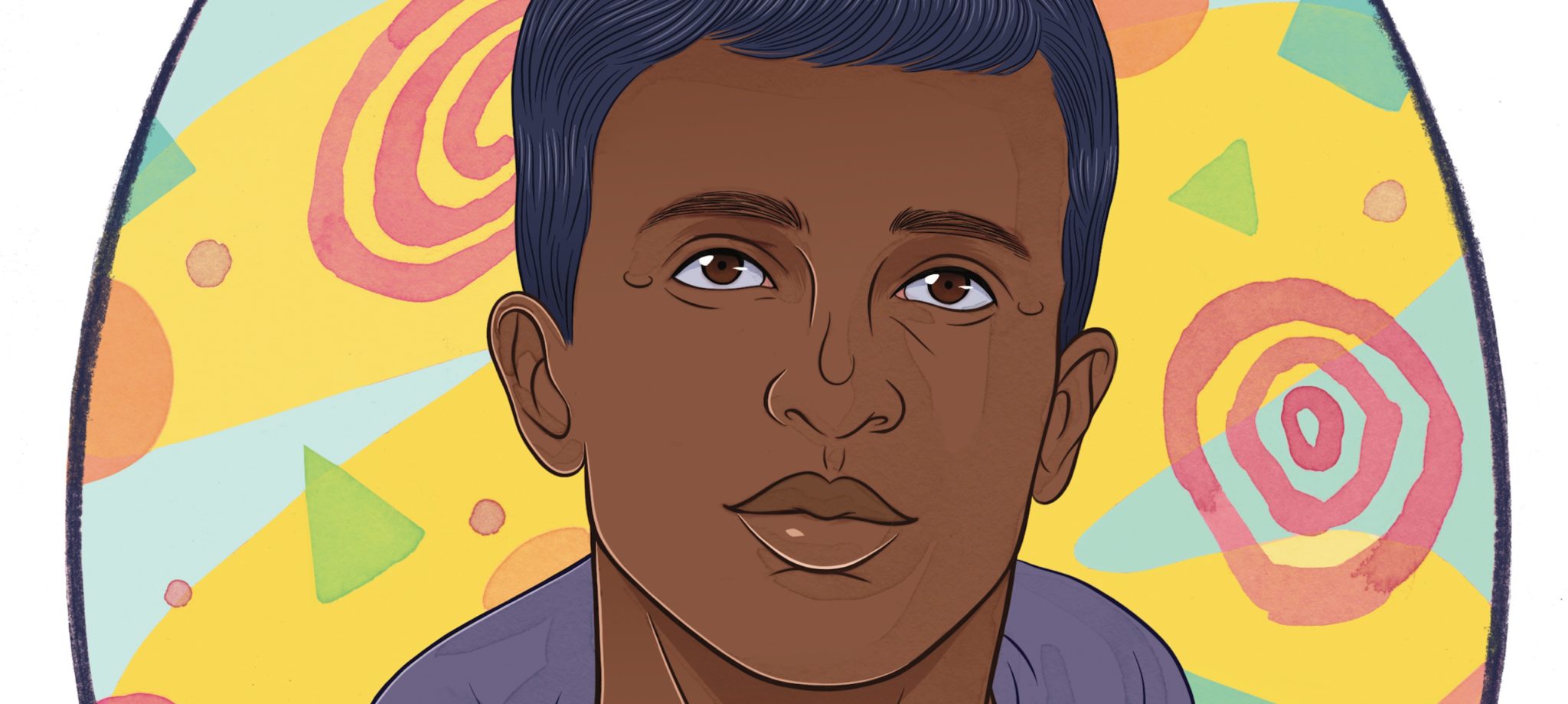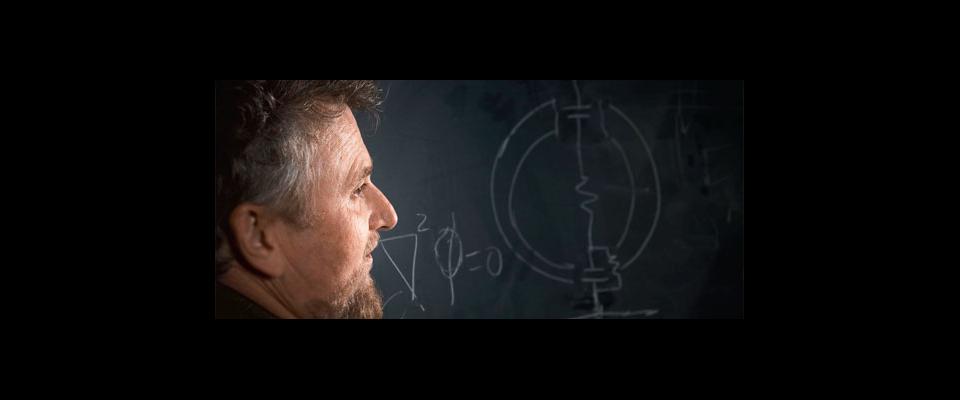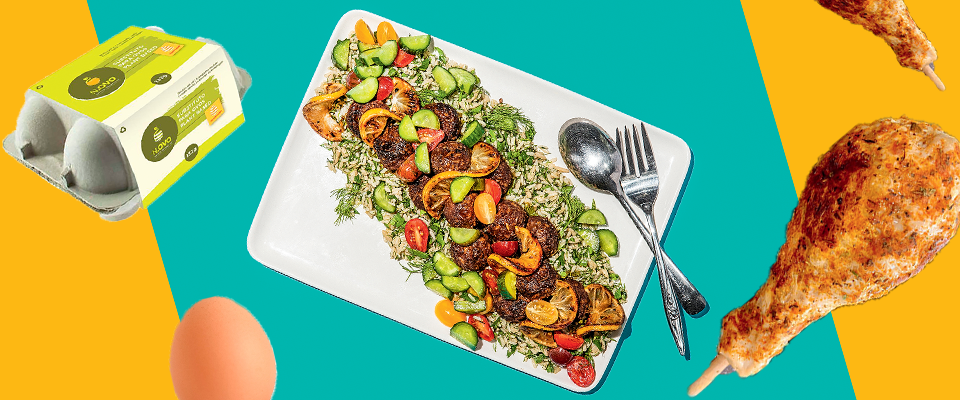I was not expected to go to college.
My educators put me on a path to get a certificate of completion from the special education system at age 22. After that, I would exist in a series of adult day programs for the rest of my life.
At one point, sometime in my late elementary years, I was in a classroom, simply known as Room 20, where kids the district did not know what to do with ended up. We did circle time, story time, music, walks, and maybe there were some attempts at teaching us three-letter words like cat, dog, etc. I was bored out of my mind.
I am a minimally speaking autistic person. I have oral motor apraxia, which affects both my speaking ability and my motor skills. I can sing. I can repeat phrases with a good amount of practice, though my articulation is middling at best. Conversations are a real challenge. It’s like static between what I want to say and the actual act of talking. In the meantime, the person at the other end of the conversation is doing an impatient mental tapping of their foot, waiting for me to respond. I may blurt out any random words or none at all. For real-time meaningful conversations, I need AAC (augmentative alternative communication).
I have poor fine motor skills, which means little to no handwriting ability. My body can feel like driving a car with a loose steering wheel; you turn the wheel one way, but are never sure which way the car will really go. Are you surprised to hear that I have a ton of social anxiety?
So, it was an unexpected twist to finally get a chance at mainstream education in grade 8. Biology was my favorite. My folks had brought some anatomy/physiology textbooks for my cousin (an aspiring med student) and I loved flipping through them.
I had no idea what to expect when I came to Cal. I was going to be in this ocean of 40,000 students and I hoped I would not drown in there. During my orientation and early days of trying to join student organizations, I noticed there were lots of students from the South Bay who seemed to know each other, including students from my native Cupertino. But disability often means you grow up on parallel planets where there is very little interaction or inclusion, even if you exist in the same space or street. It is unfortunate that there is greater stigma against disability in immigrant communities (maybe other parents on my street thought my autism was catching!). The net effect was that I did not have the informal peer-support networks that many people take for granted.
I did get to know other students over time and formed many friendships. I often had to educate them on how to include me. But Cal students were open to it and reached out, which makes all the difference. I found that I was being greeted by name when I walked around campus. To actually be known as Hari to many nondisabled folks was a totally new and absolutely heartwarming experience.
At Cal, I studied psychology. I was able to engage in the most amazing conversations with every professor I had the opportunity to interact with. Disabled folks, especially significantly disabled ones like me, are not often afforded respect by educators.
This year has been one of unexpected honors and awards. It started with Ph.D. admissions, including the Ph.D. program in neuroscience at Vanderbilt, where I’m headed next. Then it was the prestigious Paul and Daisy Soros Fellowship announcement. Then I found I was a University Medal finalist, followed by a departmental citation award, given to the top student in the department. I just got an email yesterday saying my senior honors thesis (as a Haas Scholar) has been conferred “Highest Honors,” along with lovely faculty comments.
It’s all rather surreal and I’m somewhat stumped in terms of how to express this sea of emotions I’m feeling. At the end of the day, I think of all these things as pats of encouragement that seem to say, “Young man, you must be doing some good stuff and doing some things right,” all of which encourages me to keeping adding more pebbles that widen the ripples in the knowledge pond.
…
California magazine is an editorially independent non-profit magazine. We need your support to keep producing award-winning journalism about the world of Berkeley and Berkeley in the world. Please consider a donation in any amount. Fiat Lux and Go Bears!





















